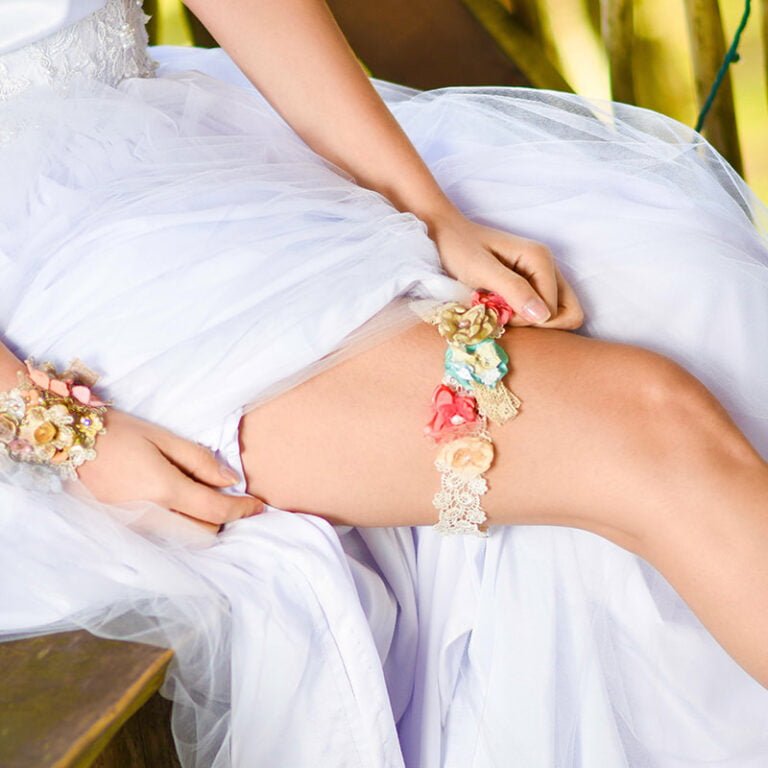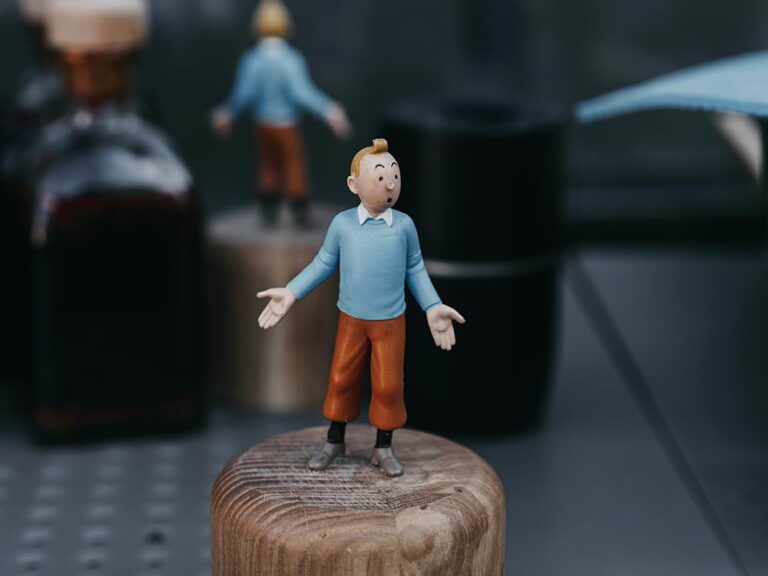les anglais ont débarqué
This French idiom means literally, “the English have disembarked.” From 1815 to 1820, the English Army, wearing their traditional red uniforms, occupied France in their war against Napoléon. After they left, Parisians started using this phrase to mean, “to have her period,” since the flow of unwelcome English invaders wearing red coats resembled red menstrual blood.






